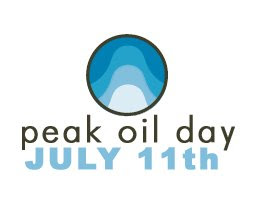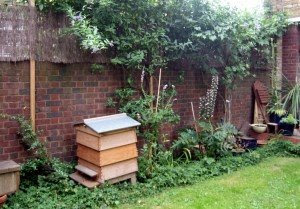
By Richard Heinburg
On July 11, 2008, the price of a barrel of oil hit a record $147.27 in daily trading. That same month, world crude oil production achieved a record 74.8 million barrels per day.
For years prior to this, a growing legion of analysts had been arguing that world oil production would max out around the year 2010 and begin to decline for reasons having to do with geology (we have found and picked the world’s “low-hanging fruit” in terms of giant oilfields), as well as lack of drilling rigs and trained exploration geologists and engineers. “Peak Oil,” they insisted, would mark the end of the growth phase of industrial civilization, because economic expansion requires increasing amounts of high-quality energy.
During the period from 2005 to 2008, as oil’s price steadily rose, production remained stagnant. Though new sources of oil were coming on line, they barely made up for production declines in existing fields due to depletion. By mid-2008, as oil prices wafted to the stratosphere, every petroleum producer responded to the obvious incentive to pump every possible barrel. Production rates nudged upward for a couple of months, but then both prices and production fell as demand for oil collapsed.
Since then, with oil prices much lower, and with credit tight to unavailable, up to $150 billion of investments in the development of future petroleum production capacity have evaporated. This means that if a new record production level is to be achieved, further declines in production from existing fields have to be overcome, meaning that all of those canceled production projects, and many more in addition, will have to be quickly brought on-stream. It may not be physically possible to turn the tide at this point, given the fact that the new “plays” are technically demanding and therefore expensive to develop, and have limited productive potential.
On May 4 of this year, Raymond James Associates, a prominent brokerage specializing in energy investments, issued a report stating, “With OPEC oil production apparently having peaked in 1Q08, and non-OPEC even earlier in 2007, peak oil on a worldwide basis seems to have taken place in early 2008.” This conclusion is being echoed by a cadre of other analysts.
Full article here









